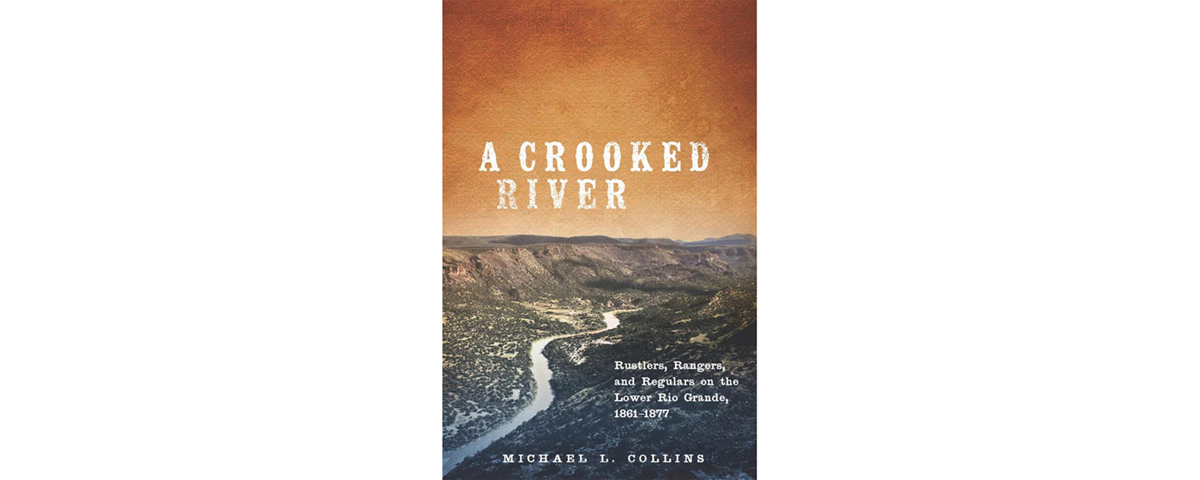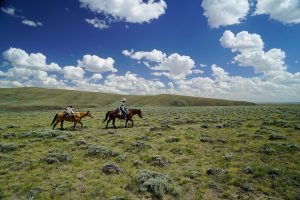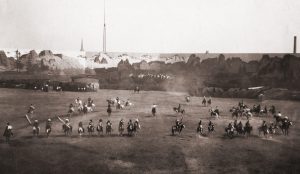A Crooked River: Rustlers, Rangers and Regulars on the Lower Rio Grande, 1861–1877, by Michael L. Collins, University of Oklahoma Press, Norman, 2018, $29.95
Notwithstanding the current cry for a “big, beautiful wall” paid for with Mexican pesos, security along the border between Texas and Mexico has been an ongoing issue ever since American troops did the invading in 1847. Even in the 1860s, when both nations were embroiled in civil wars—Union versus Confederacy, Juarista Republican versus Imperialista upholding the French-backed, Austrian-born Emperor Maximilian—the Tex-Mex border seethed with the threat of crossover intervention from either side, as well as threats from Anglo and Mexican deserters and renegades seeking their own personal fortunes in stolen and smuggled cotton, cattle and horses and the occasional Indian raid.
One might well ask where the vaunted Texas Rangers were throughout all this, but during the Civil War they were either in Confederate uniform or wearing the civilian garb of the irregular—with some of the latter becoming part of the problem rather than the solution. It would take larger-than-life men to restore the Rangers’ reputation during the postwar years, but such hardened veterans as John S. “Rip” Ford, Leander McNelly and John Barclay Armstrong (known as “McNelly’s Bulldog”) proved ready to do just that against such equally formidable opponents as Juan Cortina, John King Fisher and John Wesley Hardin.
Michael Collins focuses on the fall and resurrection of at least a modicum of order in the Lower Rio Grande and Nueces Strip during the Civil War and Reconstruction era. His is an in-depth, comprehensive treatment of the many personalities who operated on either side (or sometimes both sides) of the law that dispels such myths as the popular Texas belief all the baddies were Mexican (in fact, pro-Union and pro-Confederate partisans, as well as outlaw bands and lawmen, were prone to have as many Hispanic Tejanos in their ranks as Anglo Texans).
Enlivening his narrative are the personal touches that developed in the process, such as the mutual respect and even amity that existed between Cortina and perennial nemesis Ford. Another turns up when McNelly, having caught King Fisher (who once boasted he’d killed a man for each of his 24 years, “not including Mexicans”), is forced to release him because he lacked a warrant, court papers or even a witness to his rustling activities. Before the jubilant Fisher departed, McNelly offered some parting advice: “You could make a good citizen. You’d also make a good corpse. All outlaws look good dead.…But it’s up to you.” In an epilogue the author follows the lives of the more prominent dramatis personae in his minor epic, including Fisher’s ironic ultimate fate. Even when striving to present truth rather than legend, A Crooked River reminds readers the West was truly wild.
—Jon Guttman





